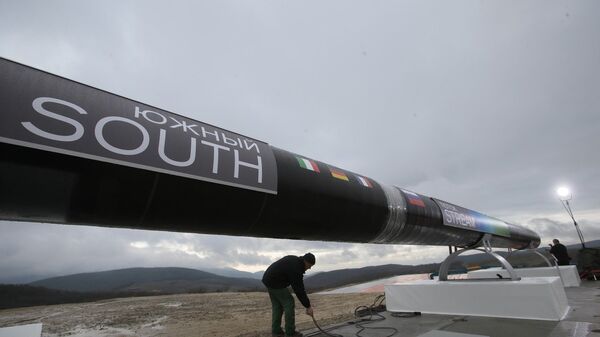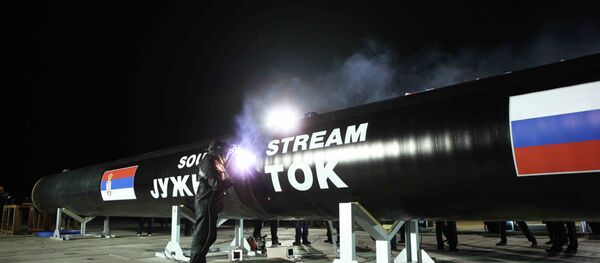Turkey might eventually get control of gas flows coming from Russia, Iran, Azerbaijan, and probably Iraq.
However, George Hatziioannou, a retired diplomat and the current editor-in-chief of the website Energy International Risk Assessment (Eiranews.com), believes that Ankara won’t be an easy partner.
“It will turn the country overnight into an almost-dominant market player in regional energy affairs,” he told Sputnik. “In my humble opinion, this model of operations might be a bit tricky and risky. There is a fair chance that at a certain point, Ankara might try to ‘do a Ukraine’”.
“There is strong economic and commercial rationale behind the idea of a hub on the Turkish-Greek border,” he said. “Since it is a complicated enterprise affecting the energy security of many regional players, the success can only be ensured through multilateral negotiations to balance the interests of all parties concerned. I believe Greece would benefit from the emergence of the hub, provided that all the delicate issues are handled and settled in good faith with due regard to equitably-spread benefits.”
Greece will be elevated to the status of a key energy transit country, he added, and probably as that of a local distribution center. Greece, as an EU member state, would serve as the gateway to united Europe for some of Russia’s gas exports.



